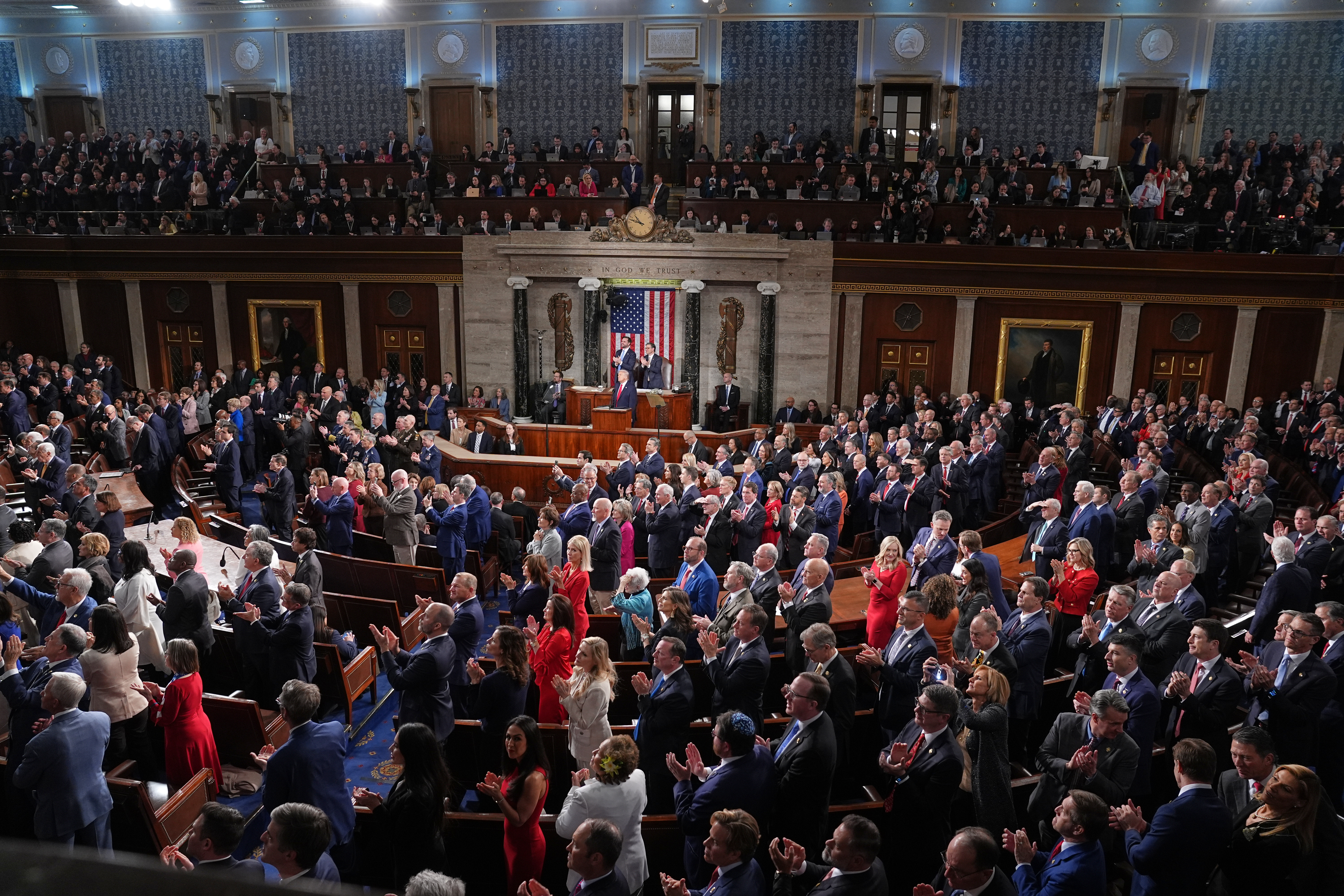The ancestral land of the Puyallup tribe, located outside of Tacoma, Washington, is one of America's most urban reservations.
Their land is crisscrossed by heavy, interstate traffic that has a direct correlation to the dwindling of their most precious resource: salmon.
"All of the pollutants that are discharged along the freeway can end up in this water body, which then flows into Commencement Bay, and this is why it's a big issue for the tribe, as well as fisheries and fisheries restoration," said Russ Ladley, the director of fisheries for the tribe.
His team raises and monitors fish populations across the reservation — a resource which its importance is hard to put into words.
For decades, tribal Vice Chair Sylvia Miller says the Puyallup people have watched wild populations of coho and other salmon decrease to a mere percentage of what they have been historically.
"We used to be able to provide for our whole families, for all of our families, be it smoking, canning, and, and providing daily fish to our families, and that's not so anymore," said Miller.
After 20 years of research, some answers have been uncovered: A chemical left on roadways by car tires is killing salmon as they spawn.
"It's heart-wrenching to think that all this time that many things can have an impact on, on what goes into these waters, nobody ever thought about that," said Miller.
Ed Kolodziej, a University of Washington professor, was part of a research team trying to figure out why salmon were dying during their autumn and winter spawning, a time in the Northwest when the first big rain storms of the year happen.

A group of commercial fishermen have ended up before the Supreme Court
Back in 2020, federal regulators moved to require herring fishermen to directly pay observers salaries.
"We began to really appreciate that roads and tires were a big part of this mortality story, and my collaborator, Jen McIntyre, at Washington State University discovered that tire leachates specifically were highly toxic to Coho salmon," he said. "Over 2 1/2 years, we actually figured out that it was a specific chemical used in tires called 6PPD that was responsible for the mortality."
The culprit is 6PPD, an ingredient that prevents tires from degrading but is used in all sorts of other rubber products as well. When it mixes with water it becomes 6PPD quinone, which is extremely toxic. That toxic mix then flows into rivers and streams and can kill fish in under two hours.
"There are anecdotal observations back to the 1980s that say this could have been happening for the last 40 years or so," said Kolodziej.
"These fish, instead of laying their eggs and spawning were doing an erratic death-dance. They were swimming at the surface of the water, they were gasping for, almost like you're gasping for air, and then they were dying," said Elizabeth Forsyth, a lawyer at Earthjustice law firm.

FDA warns restaurants in 6 states about contaminated oysters
The oysters were reportedly harvested and sold by Future Seafoods, Inc. in Prince Edward Island, Canada to U.S. importers in six states.
After the University of Washington research came out in 2020, Forsyth worked with several tribes on the west coast, including the Puyallup, to petition the Environmental Protection Agency to do something about this.
Last month, it was announced that the EPA is beginning its review process, and by next fall plans to gather information that could inform new regulations over the use of 6PPD in rubber products.
"We have no idea what it's doing to the Amazon. We have no idea what it's doing to kids in Maine, right? We know that this chemical, 6PPD quinone, is in every drop of stormwater from roads that's been tested. It's globally ubiquitous, and we have no idea the extent of harm that is causing," said Forsyth.
While the sheer impact of this one very prevalent chemical is still being studied, there is a silver lining: Unlike a forever chemical that hangs out in the environment for eternity, if 6PPD is taken out of the equation, the damage stops.
"We can fix this. If we choose to put the time and effort into making sure that every chemical used in our vehicles and our tires is broadly safe for the environment, these are issues that will go away," said Kolodziej.
As the right people and agencies are learning about this, Sylvia Miller and the Puyallup people hope this acts as a reminder of what's ours to take care of.
"It's very important for everybody to realize that it's a gift that has been given to each and every one of us and each, and every one of us have a responsibility to protect and preserve," said Miller.










